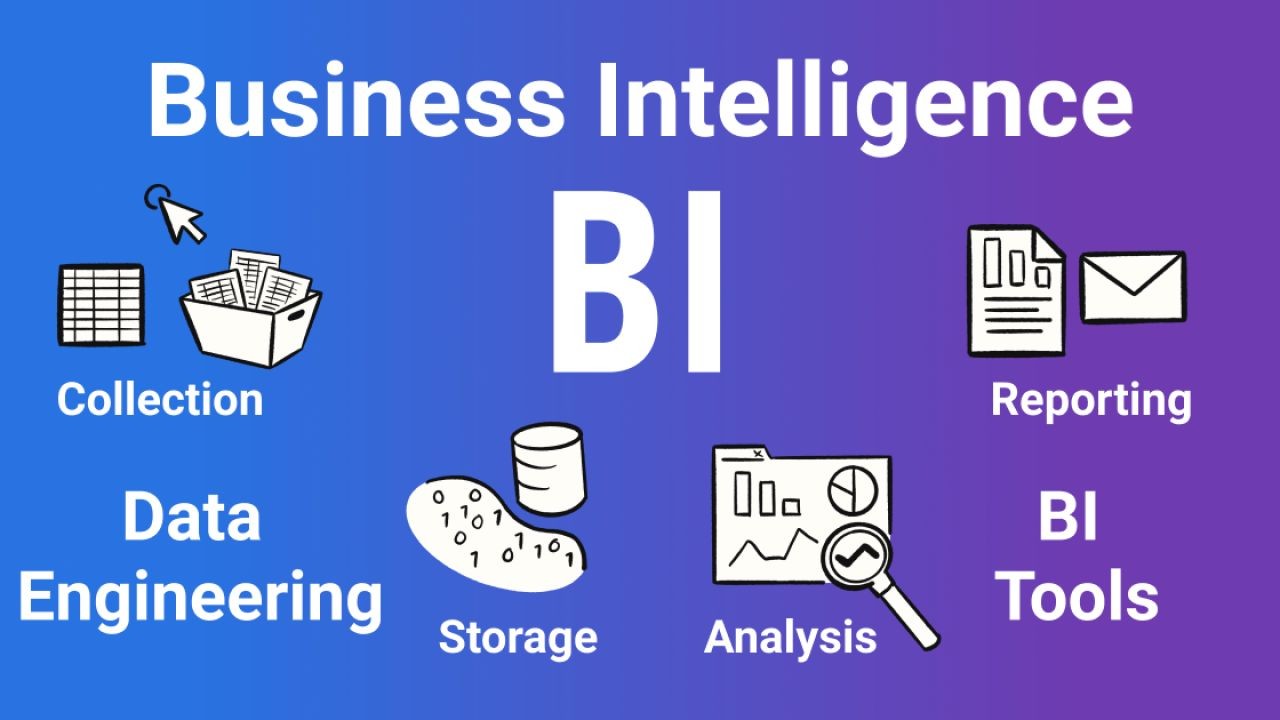In the dynamic world of technology and innovation, New Zealand has carved out a unique space. Although the country is geographically isolated, its tech startups have played a pivotal role in shaping the modern tech landscape both locally and internationally. The early days of New Zealand's tech startups were marked by a mix of challenges and achievements that have significantly impacted today's technological ecosystem.
Emergence of Tech Startups in New Zealand
New Zealand's tech startup scene began to gain momentum in the late 1990s and early 2000s, driven by a burgeoning interest in digital technologies and a strong entrepreneurial spirit. The government's supportive policies, such as the Research and Development (R&D) Tax Incentive, have been crucial in fostering innovation. According to the Ministry of Business, Innovation and Employment (MBIE), the tech sector is now the third-largest export sector in the country, contributing to over NZD 7 billion in exports annually.
Case Study: Xero – Revolutionizing Accounting Software
Problem: In the mid-2000s, small businesses in New Zealand were struggling with cumbersome accounting processes that lacked efficiency and accessibility.
Action: Xero, founded by Rod Drury in 2006, developed a cloud-based accounting software that was user-friendly and accessible from anywhere with internet connectivity.
Result: Xero's innovative approach led to a significant uptake in its software, with the company now serving over 3 million subscribers worldwide as of 2023. The company's success has been instrumental in putting New Zealand on the map as a hub for tech innovation.
Takeaway: Xero's journey highlights the importance of addressing real-world business challenges with innovative solutions, a strategy that can be replicated by other startups in New Zealand.
Challenges and Opportunities
The early tech startups in New Zealand faced several challenges, including limited access to capital, a small domestic market, and geographical isolation. However, these challenges also presented opportunities for innovation. Startups were forced to think globally from the outset, leading to the development of scalable solutions that could be applied worldwide.
- Challenge: Limited access to funding.
- Opportunity: Encouraged global thinking and the pursuit of international markets.
- Challenge: Small domestic customer base.
- Opportunity: Fostered a focus on niche markets and specialized solutions.
Data-Driven Insights
According to Stats NZ, the tech sector's contribution to the GDP has grown by 5% annually over the past decade. This growth is indicative of the sector's resilience and the increasing demand for tech solutions across various industries. Furthermore, a report by the Reserve Bank of New Zealand highlights the tech sector's role in enhancing productivity and driving economic growth.
Contrasting Perspectives on Startup Growth
The debate around the growth of tech startups in New Zealand often centers on the balance between government intervention and free-market dynamics.
Advocate View: Government Support
Proponents argue that government initiatives, such as grants and tax incentives, are crucial in nurturing early-stage startups. These measures provide the financial support needed to innovate and scale operations.
Critic View: Market-Driven Growth
Critics contend that excessive government intervention can stifle innovation by creating dependencies on subsidies rather than encouraging sustainable business models.
Middle Ground: A balanced approach that combines strategic government support with market-driven growth strategies can create a conducive environment for tech startups to thrive.
Common Myths & Mistakes
- Myth: Tech startups are only for tech-savvy individuals. Reality: Many successful founders come from diverse backgrounds and leverage cross-disciplinary skills to innovate.
- Myth: The tech industry is saturated. Reality: Emerging technologies continue to create new opportunities for innovation and market entry.
- Myth: Startups need large initial investments to succeed. Reality: Many startups begin with lean models and bootstrap until they achieve traction.
Future Trends & Predictions
The future of New Zealand's tech startup landscape looks promising, with several trends expected to shape the industry:
- AI and Machine Learning: As AI technologies become more advanced, startups in New Zealand are likely to focus on developing AI-driven solutions for various sectors, including healthcare and agriculture.
- Sustainability: There is a growing emphasis on sustainable tech solutions, with startups seeking to address environmental challenges through innovative technologies.
- Remote Work Technologies: The shift towards remote work is driving demand for tools that facilitate virtual collaboration and productivity.
By 2028, it is predicted that AI-driven startups will contribute to over 15% of the tech sector's GDP in New Zealand, according to a report by Deloitte.
Final Takeaways
- New Zealand's tech startups have a rich history of overcoming challenges to achieve international success.
- Key factors in their success include innovation, global thinking, and strategic government support.
- The future of the tech startup landscape is promising, with opportunities in AI, sustainability, and remote work technologies.
What's your take on the future of tech startups in New Zealand? Share your insights below!
People Also Ask (FAQ)
- How have tech startups impacted New Zealand's economy? Tech startups have significantly contributed to New Zealand's GDP, with the sector growing by 5% annually and contributing over NZD 7 billion in exports annually.
- What challenges do New Zealand tech startups face? Key challenges include limited access to capital and a small domestic market, which have encouraged global thinking and innovation.
- What are future trends for New Zealand's tech startups? AI, sustainability, and remote work technologies are expected to shape the industry's future, with AI-driven startups projected to contribute 15% of the tech sector's GDP by 2028.
Related Search Queries
- New Zealand tech startups 2025
- Impact of tech startups on NZ economy
- Future trends in New Zealand technology
- Challenges for NZ tech startups
- Success stories of Kiwi tech companies
- Government support for tech startups in NZ
- AI and machine learning startups in NZ
- Sustainable technology innovations NZ
- Remote work tools for New Zealand businesses
- Growth of NZ tech export sector































